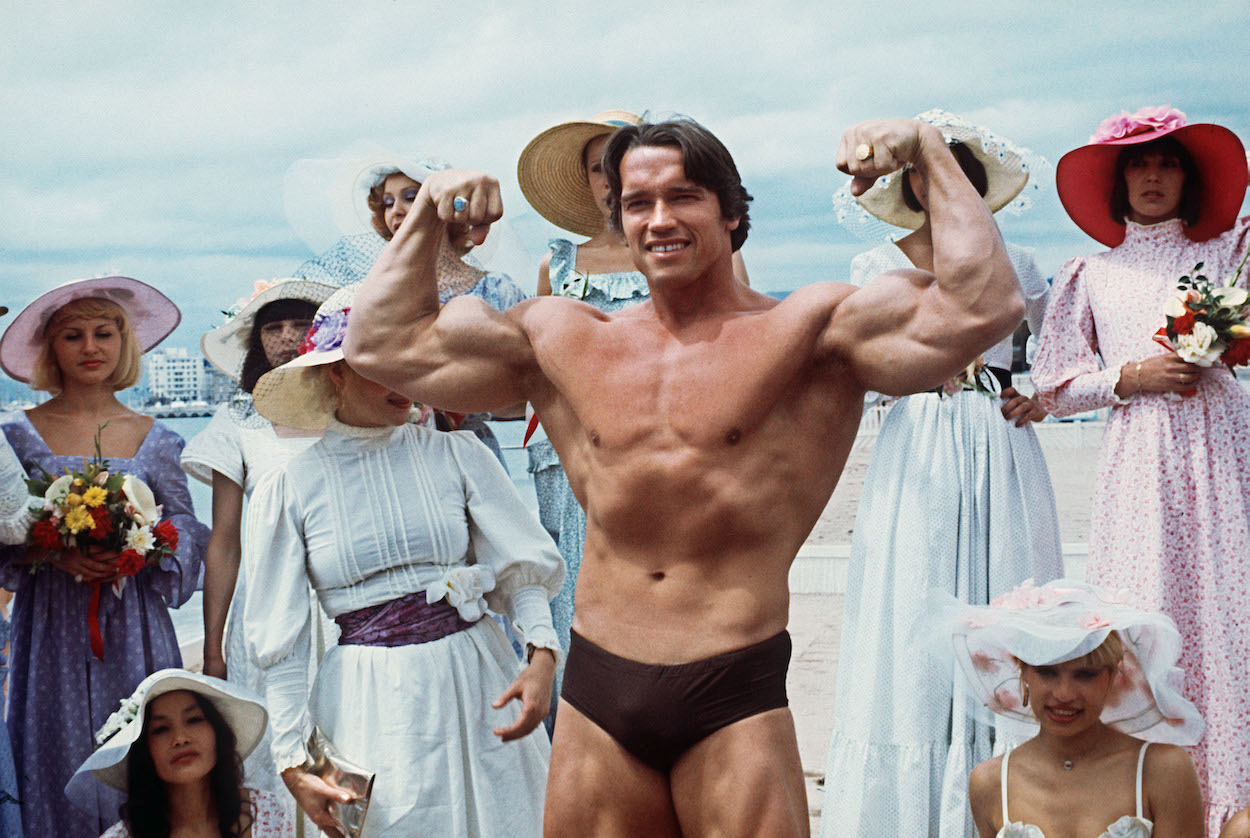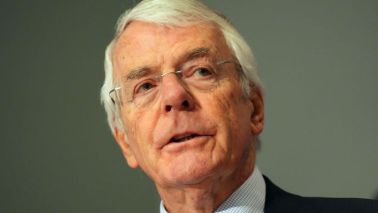It is no longer normal to see Hollywood men looking normal anymore. From the empty cheeks of Ozempic face to the puffed-out Brotox foreheads to the eerily-uniform veneers of Turkey teeth, no one seems to be aging, but no one seems to also be quite so attractive. Even Ryan Gosling, once my favourite heart-throb, has overdone the filler, and now looks like he is smuggling a pair of snooker-balls in his cheeks.
Boys and young men are being sold a lie
The same is true for male bodies; masculinity means muscularity. In our superhero-saturated age, audiences are inundated with images of male physical perfection: torsos like upside down triangles, shoulders that look like boulders, thighs that have their own gravitational pull, abs so shredded that they could grate cheese. Think Jake Gyllenhaal in Road House, Zac Efron in The Iron Claw, Chris Pratt in Guardians of the Galaxy, Chris Hemsworth in well, just about everything. These mesomorphic Adonises have become the norm, not the exception.
I was reminded of how ingrained the cult of hench has become when I saw a photograph of Jonathan Bailey, Bridgerton star and sex symbol, bulging his buffed-up biceps while weight-training for the new Jurassic World movie. In the original Jurassic Park films, the paleontologists didn’t need to have rippling pecs; the main characters were all fairly normal-looking middle-aged people, and even Jeff Goldblum’s iconic shirtless scene is more doughy dad-bod than beefy bodybuilder. Just as well, because the dad bod is most women’s preferred body type.
In previous decades there were also jacked-up juggernauts such as Arnold Schwarznegger and Sylvester Stallone. They were somewhat peculiar though, even ever so slightly freakish. Now there is there is a whole industry dedicated to telling men and boys that, with the right workout and products, they too can look like a real-life Action Man. The rise of the so-called wellness industry has seen a huge increase in the number of heavily marketed and relatively cheap gyms; protein supplements, shakes, and other meal-replacement products; body transformation videos and movie-star workouts on Instagram and TikTok; and, of course, the number of people abusing steroids.
Boys and young men are being sold a lie. Social media personalities such as Brian Johnson, aka Liver King, have amassed millions of followers by promoting hyper-masculine lifestyles and ‘ancestral tenets’ like a raw, carnivorous diet, sleep, sun, and training hard. Last year, Johnson, who sells a range of supplements, was sued for false advertising after it was revealed he spends $11,000 a month on steroids and other image-enhancing substances. For every Men’s Health meal plan, there’s another story: yes, Hugh Jackman achieves his vein-popping, sinew-stretching appearance for Wolverine through gruelling workouts, but also through make-up, lighting, and dehydrating himself for days beforehand.
Rob McElhenney, writer and producer of It’s Always Sunny in Philadelphia, satirised how social media sells this false reality when he posted a ‘before and after’ picture of himself on Instagram with the caption:
Look, it’s not that hard. All you need to do is lift weights six days a week, stop drinking alcohol, don’t eat anything after 7 p.m., don’t eat any carbs or sugar at all, in fact just don’t eat anything you like, get the personal trainer from Magic Mike, sleep nine hours a night, run three miles a day, and have a studio pay for the whole thing over a six to seven month span. I don’t know why everyone’s not doing this. It’s a super realistic lifestyle and an appropriate body image to compare oneself to.
Just like us women, boys and men can’t help comparing themselves to these unrealistic hunks. Across the western world, research has shown that the number of men experiencing body image dissatisfaction has tripled in the last 25 years, with one UK study finding that over half of men showing at least some signs of body dysmorphia, while another study found almost a quarter of men aged between 18 and 24 reported muscularity-orientated disordered eating.
You only need to look at the cast of Love Island, where there is never a flash of flab on sight, to appreciate just how unrealistic body standards have become, and how pernicious this narrative of zero to hero is. Despite what influencers like Andrew Tate and Logan Paul may preach, women want men to be more healthy than Hulk-like, and unless we want a generation of boys to grow up insecure, we need them to hear that.








Comments